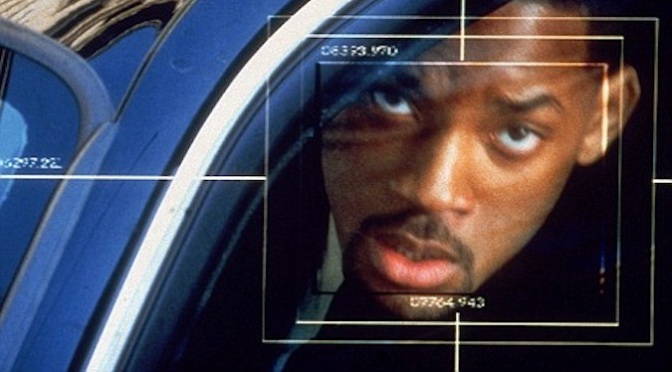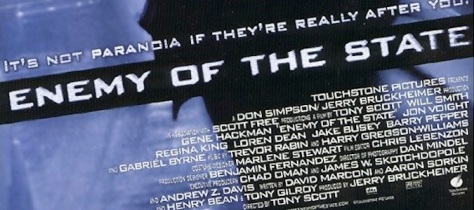Netflix has beefed up their foreign language film offerings lately, adding within the past few months a new cache of hundreds of popular films from around the globe. One such movie is The Intouchables (no, not the French re-make of The Untouchables starring a French Kevin Costner) a 2011 French film directed by Olivier Nakache and Eric Toledano. In fact, by sheer numbers The Intouchables is the Mona Lisa of foreign language films, grossing $281 million worldwide, more than any other non-English movie in history.
The movie’s worldwide success raises the question: how did this film about the true story of wealthy quadriplegic Philippe Pozzo di Borgo and his underqualified, rough around the edges, ex-con caretaker Abdel Sellou shine above the rest? For starters, the original story itself is fascinating. An old wealthy man taking a chance on a young criminal as the man responsible for his own wellbeing is intriguing, but, in most cases, would seem too far-fetched. In the case of The Intouchables, the story is practically completely true, even when it seems overblown.













